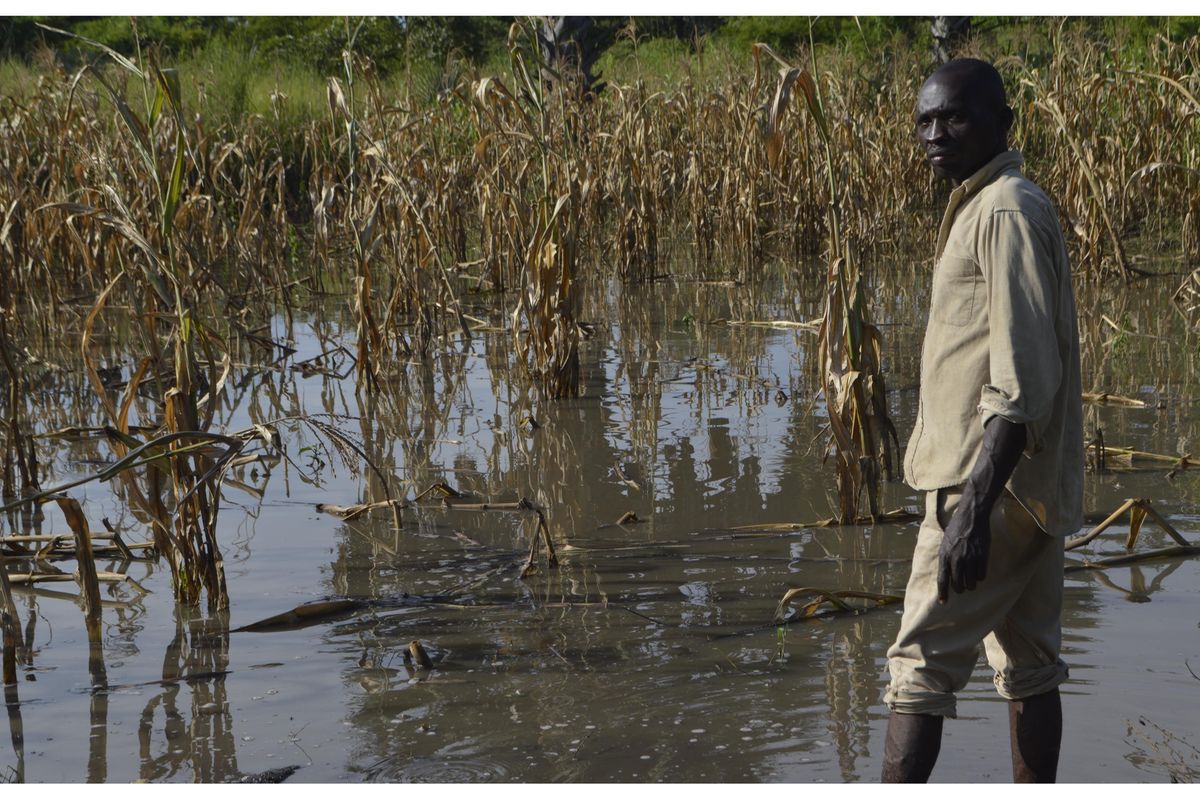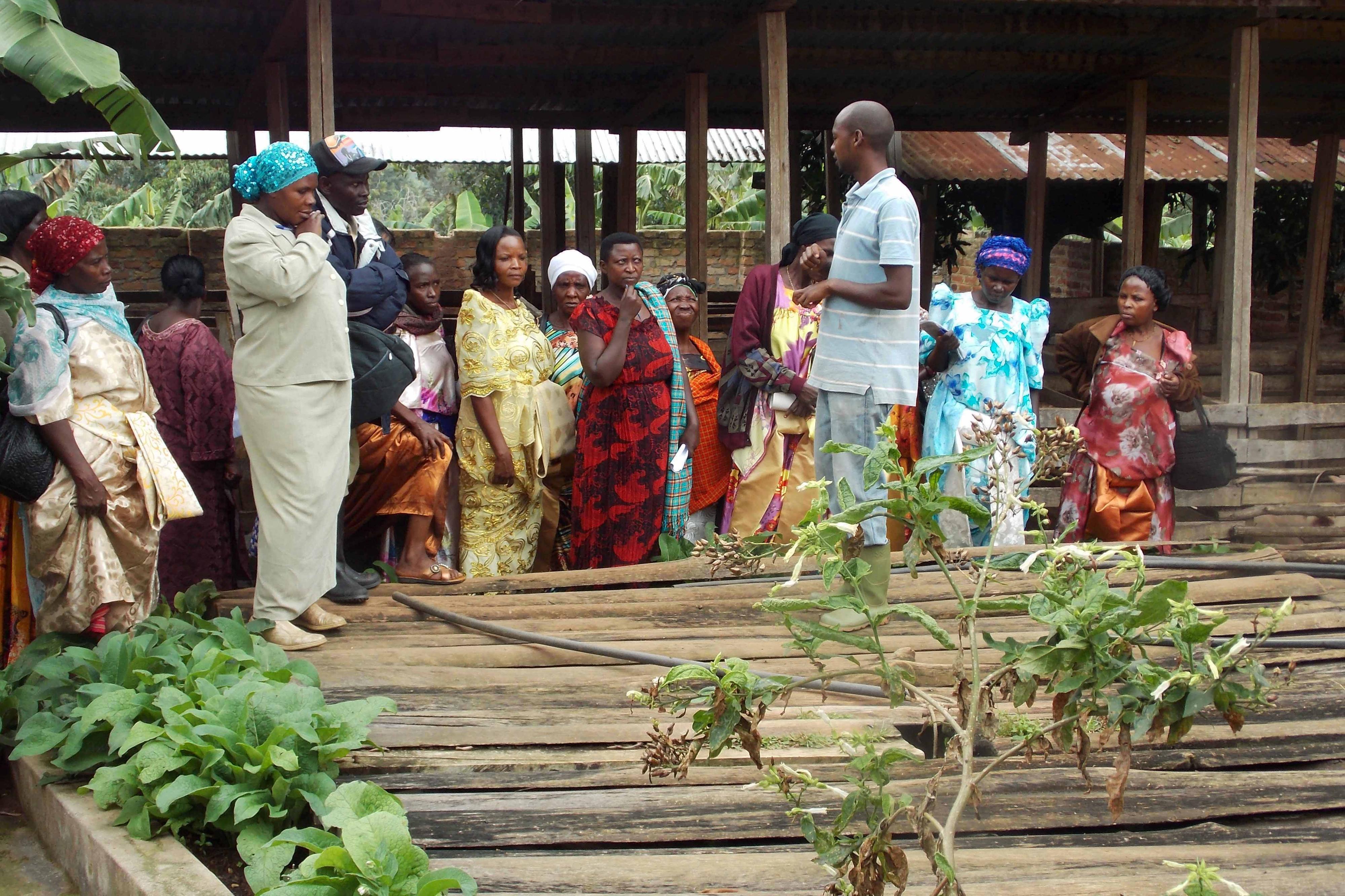“When I planted these crops, I never expected the rain would disrupt us; it usually doesn’t. This time, however, the rains were excessive, and my nearly ready crops were submerged by floods,” said Mr Patrick Toko, a resident of Okubani village, Ariwa Sub-county, Yumbe District.
Toko, who had invested in hybrid tomato seeds as well as cabbage, chili, and maize, now faces a dire food situation after the floods destroyed his crops. These were meant to feed his family and provide income.
“I am extremely worried about hunger and malnutrition. I planted these short-term crops to support us, and now I’m unsure how I will pay school fees, as some of the crops were for commercial purposes,” he said on Thursday.
Toko’s predicament is shared by many in Kululu Sub-county.
Mr Fadil Vita, a rice farmer from Aleribo village in Kululu Sub-county, echoed these concerns. “We typically expect heavy rains between October and November. Although we dug ditches to divert the water, this rainfall was too much, causing severe flooding.”
“We first noticed water in our homes around 5 a.m. on September 2. For days, we had to abandon our houses, and even now, while water levels have decreased, our homes remain too wet to inhabit,” he said.
Ms Zainab Owoko, another resident, added, “When we prepared the fields, the sunshine was intense, but now the rains are overwhelming. No leaders have come to our aid; if it were election time, they would be here in a heartbeat.”
The affected areas also encompass the Bidibidi refugee settlement, home to around 270,000 mainly South Sudanese refugees.
Mr Dixon Odur, the media and communications coordinator at the Norwegian Refugee Council, noted the critical impacts of climate change.
“Prolonged droughts followed by heavy rainfall have led to livestock deaths and left many locals on the brink of starvation. Most refugees and host communities rely on agriculture for food and livelihoods. With the recent reduction in Uganda’s refugee response, agriculture remains essential for survival. Many are now in desperate situations,” Odur said.
The agency is promoting climate-resilient farming techniques, such as drought-resistant crops and agroforestry practices, but these efforts are being undermined by the ongoing disruptions.
Mr Gard Feni, the Yumbe District Agriculture Officer, reported that a rapid assessment of the affected areas has been completed and shared with partners, MPs, and the Office of the Prime Minister. However, he warned that flooding may recur as rains continue.
The most affected areas include the lower belt of the district, particularly Romogi, Kululu, and Ariwa Sub-counties, with approximately 500 households impacted.



















